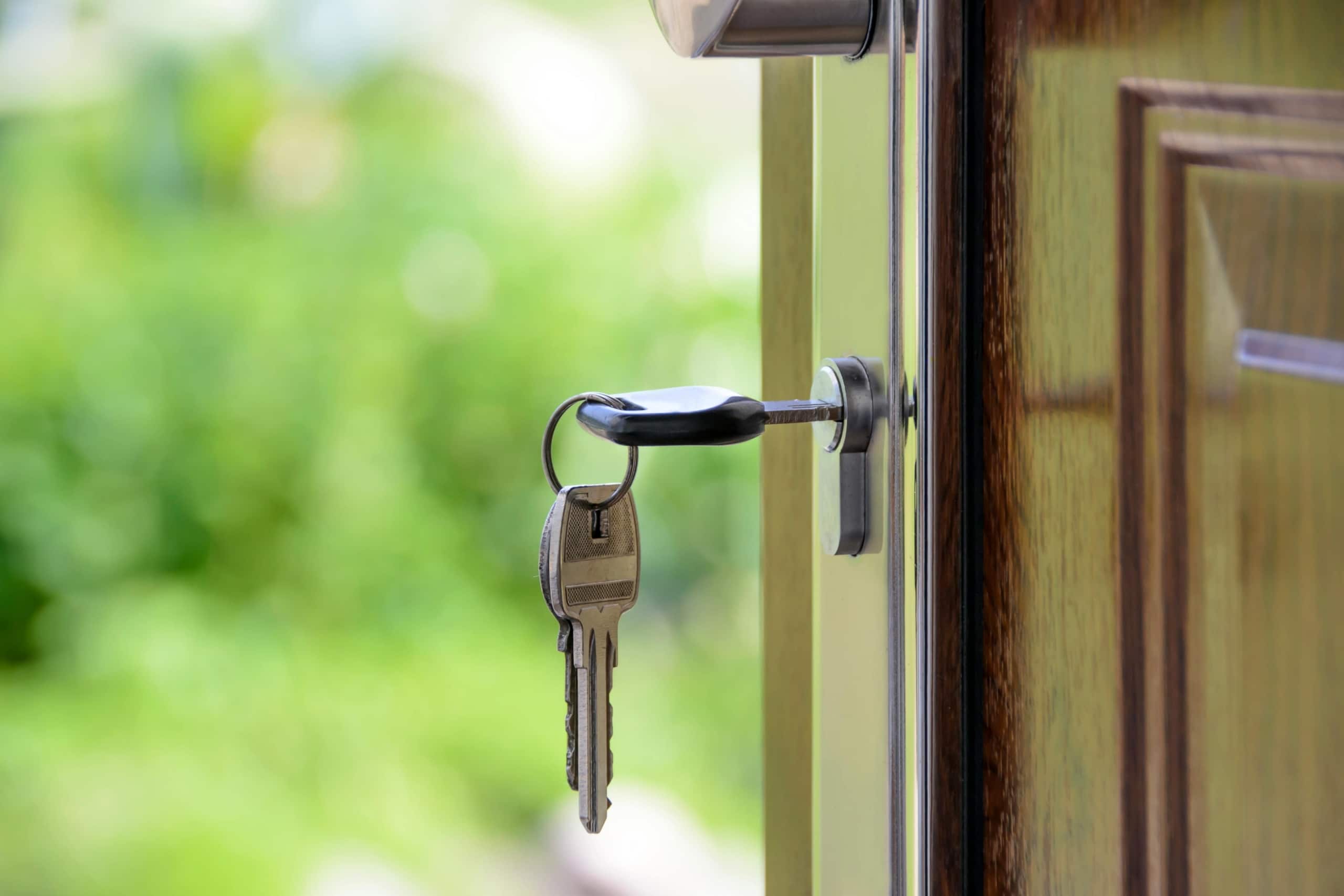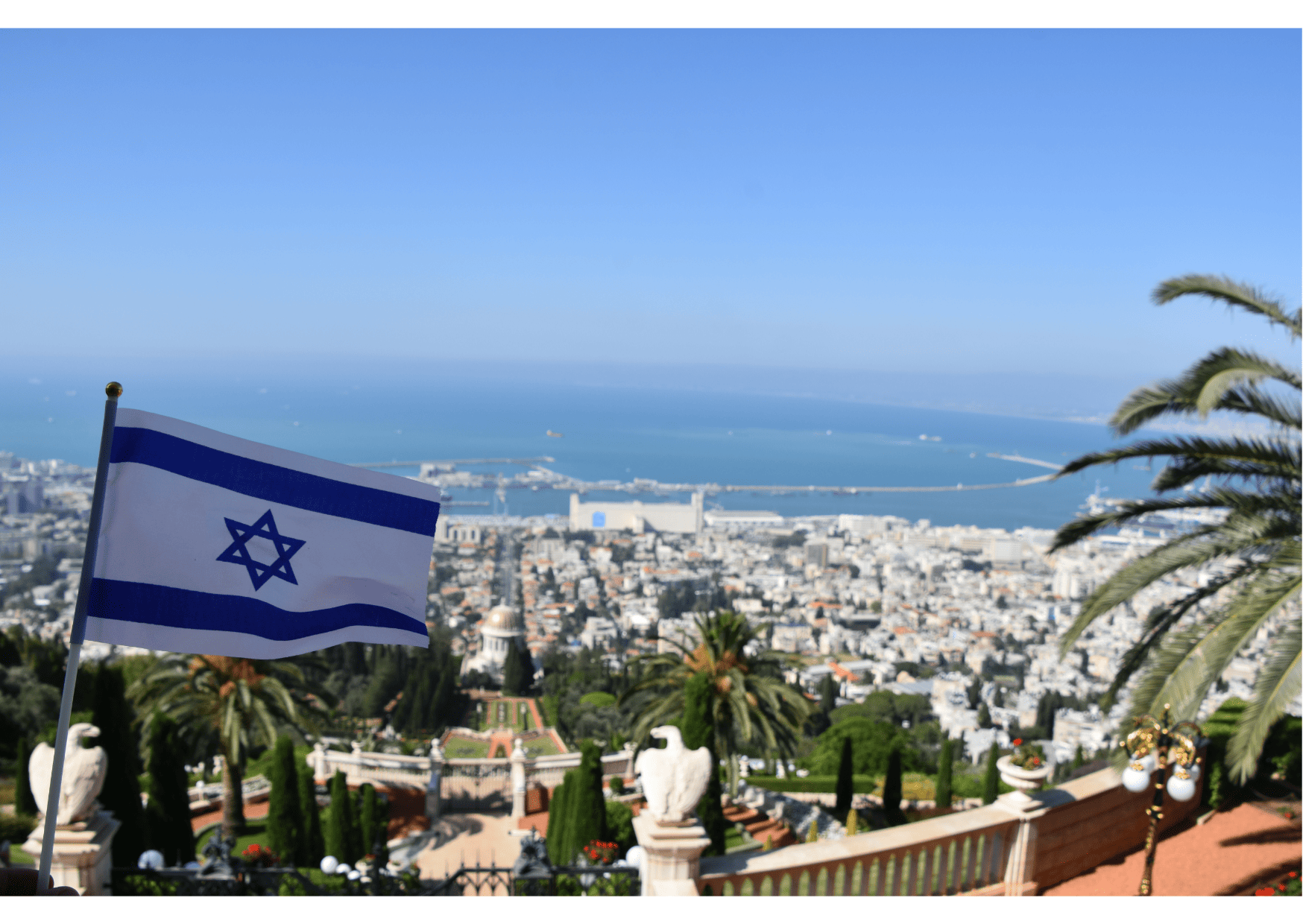Why Is Real Estate in Israel So Expensive?

In Short: Key Reasons Prices Stay High
Limited land and strict zoning – Small country, big demand.
Rapid population growth – Natural increase and immigration squeeze supply.
Slow planning and permits – Projects take years to reach the market.
Investment hot spot – Local and foreign investors drive up competition.
Emotional buying – A home in Israel holds deep personal value.
Persistent supply shortages – Not enough homes are built to meet demand.
Limited Land and High Demand
Israel is tiny. Prime regions like Tel Aviv, Jerusalem and the Gush Dan corridor are densely built, and strict zoning rules leave little room for new construction. In Jerusalem, for example, buyers are attracted by the city’s unique mix of spirituality, culture and strong demand. With so little land to go around, competition is fierce and prices soar.
Population Growth Keeps Pressure on the Market
Israel’s population grows faster than in most Western countries. Natural growth and waves of immigration mean thousands of new residents each year needing a place to live. The influx of Olim (new immigrants) adds to the demand, especially in central cities where services, jobs and communities are concentrated.
Slow, Complex Planning and Construction
Even when land is available, getting approval to build can take years. Much of the land is government‑owned, and developers must navigate lengthy planning processes and strict environmental rules. Delays in permits and infrastructure development mean fewer projects reach the market each year – keeping supply tight.
Israel as an Investment Magnet
Thanks to a strong economy and thriving tech sector, Israeli real estate is viewed as a safe, long‑term investment. Buyers are attracted by strong resale and rental values and central locations near government and religious site Foreign investors, particularly from North America and Europe, see Israeli property as a way to diversify their portfolios and protect wealth – adding even more demand.
An Emotional Purchase for Many Buyers
For Jews worldwide, owning a home in Israel is often more than a financial move; it’s deeply personal. Whether the motivation is religious, cultural or connected to family history, many buyers are willing to pay a premium to live in Jerusalem, Tel Aviv or other meaningful locationד. This emotional element adds another layer of pressure to the market.
Supply Struggles to Keep Up
Simply put, not enough homes are being built. Prices in 2025 can range from ₪ 1.8 million to over ₪ 6 million depending on location and size, yet many central areas still have waiting lists for new projects. Meanwhile, some foreign‑owned properties sit empty, further tightening supply. Municipalities often prioritise commercial development over residential projects because housing requires costly infrastructure upgrades.
Behind the Numbers: Why It’s Not Getting Cheaper
Construction lag – New homes consistently fall short of population needs.
Idle investment properties – Homes bought as investments remain vacant.
Uneven returns – Rental income often doesn’t match property values, so buyers rely on appreciation.
Favourable tax system – Real estate taxes sometimes favour owners over other investments
Municipal priorities – Towns may resist new housing due to infrastructure costs, preferring commercial projects.
Final Thoughts and What You Can Do
The high cost of Israeli real estate is the result of a unique blend of geography, demographics, policy and emotion. Understanding these drivers can help you decide when and where to buy. If you’re considering investing or making aliyah, speak with professionals who know the market. We’re here to guide you through the process, from choosing a neighbourhood to navigating taxes.
Curious about the next steps? Contact us today to learn more about how we can help you navigate the Israeli real estate market with confidence and ease.






